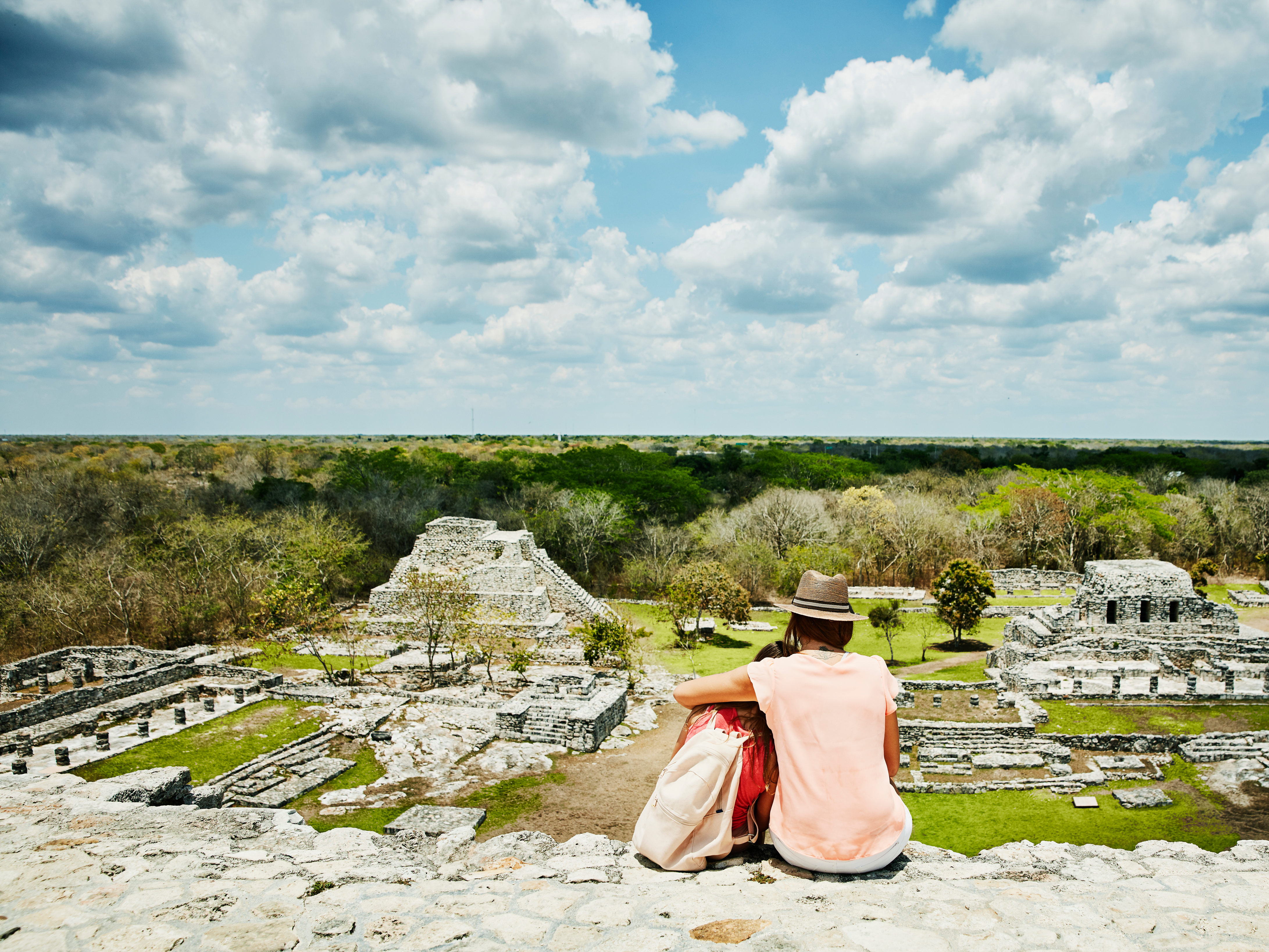- “Transformational travel” is the new “experiential travel,” according to the business director of a luxury safari company.
- Chris Roche of Botswana-based Wilderness Safaris, which operates customizable African safaris that cost an average of $8,000, told Business Insider that their journeys change people’s lives.
- “We sell [people] the ability … to reconnect with nature and, as a result, reconnect with themselves and their partner or kids or whoever it is they’re traveling with,” Roche said.
- Transformational travel is traveling with the goal of learning, growing, and engaging with the world, according to the Transformational Travel Council.
- The Global Wellness Summit’s 2018 trends report says it takes experiential travel – with its focus on authentic cultural experiences – to a deeper, more emotional level.
These days, everyone wants to live like a local when they travel.
The travel industry has, in recent years, been obsessed with “experiential travel,” which focuses on cultural exploration and “truly local and authentic experiences,” according to industry news site Skift. But according to travel experts, the industry is moving into a new phase.
“‘Experiential’ would’ve been the buzzword five years ago,” Chris Roche, the business director of a luxury safari company, told Business Insider. “The last couple of years, that’s transitioned into ’transformational.'”
The Transformational Travel Council, founded in 2016, defines transformational travel as “intentionally traveling to stretch, learn and grow into new ways of being and engaging with the world.”
And according to the Global Wellness Summit’s 2018 trends report, it’s all the rage right now.
"We've been living in a great age of 'authentic' and 'experiential' travel where even the most mainstream hotel brands aim to help travelers eat, live and spa like a local," reads the report. "Travel experts now argue that 'transformational travel' is the evolutionary wave, which doesn't discard the focus on authentic experiences, but takes it to a deeper emotional level."

Transformational travel can take many forms.
Transformational travel might mean making time for unplanned exploration, restorative wellness activities, or making the effort to learn about the native flora and fauna of a national park you're visiting, according to Jake Haupert, a cofounder of the Transformational Travel Council.
Roche, who handles business development for Wilderness Holdings, owner of Wilderness Safaris, a Botswana-based luxury safari company, says that when it comes to their safaris, transformation comes in the form of reconnection.
"Our tag line is 'our journeys change lives' and it's been that way for the last 15 years," Roche said. "We sell [people] the ability ... to reconnect with nature and, as a result, reconnect with themselves and their partner or kids or whoever it is they're traveling with."
Wilderness Safaris operates customizable safaris at an average cost of $8,000 for five nights in seven African countries including Botswana, Kenya, and Rwanda. Rather than solely focusing on luxury, the company bills itself as a sustainable ecotourism operator that combines high-end hospitality with conservation and collaboration with local communities.

Roche says he sees many of their guests changed by their experiences with Wilderness Safaris, which employs locals to work at its camps, buys fresh produce and other products from local communities and helps them expand their capacity to collect rainwater, and runs conservation camps for children.
"[Travelers] see this and they say, 'I can do better. I can be a better version of myself,'" Roche said. "And I think people come here and they get inspired to do that."
Haupert told Forbes that ultimately, transformational travel means people should carry what they've learned on their travels home with them.
"Travel, at its purest, shifts perspectives, unleashes imagination, inspires understanding and cultivates empathy, which in turn promises peace," Haupert said. "... personal transformation results in global transformation."

